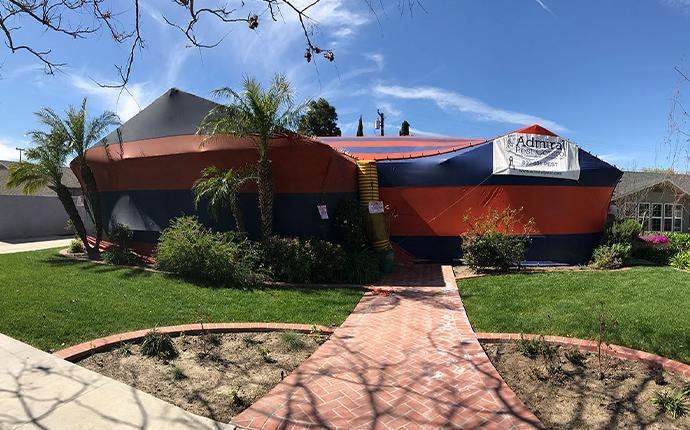Spiders can be useful in the wild, helping to control insect populations, but when they decide to take up residence in your home, they become much less welcome. If you’re spotting webs in the corners of your ceilings or are tired of surprise spider encounters in your garage, you’re not alone. Irvine homeowners often wonder why spiders seem so drawn to their spaces and, more importantly, how to keep them out. Fortunately, there are ways to keep your home spider-free while ensuring your peace of mind.
This guide explains why spiders find their way into homes, how they get inside, the signs of a spider presence, and what to do when you find them. Plus, we’ll share tips to prevent them from returning.
Why Are Spiders Attracted to Your Home?
Spiders don’t invade your home just to creep you out. They typically come indoors for two reasons: food and shelter.
1. Food Sources
Spiders are natural predators, and their diet consists mainly of other insects. If your home has an abundance of flies, ants, or mosquitoes, it’s like leaving a “Welcome Home” sign for spiders. Lights that attract insects or open windows without screens can inadvertently invite bugs in, which then draws spiders hunting for their next meal.
2. Shelter and Warmth
Southern California’s mild climate means spiders are active year-round, but they may head indoors seeking consistent shelter from temperature changes or extreme weather. Garages, basements, and attics provide dark and undisturbed spaces perfect for spider nesting.
3. Moisture
Some species of spiders prefer damp environments. Leaky pipes, damp basements, or high humidity can create the ideal conditions for spiders seeking moisture.
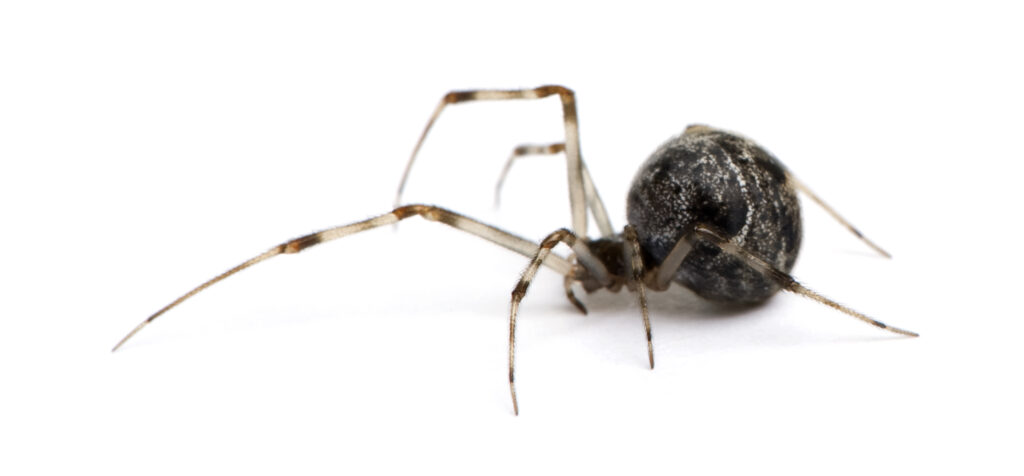
How Do Spiders Get into Your Home?
Spiders are masters at sneaking into homes, often finding ways in that you might overlook. These skilled crawlers can squeeze through the tiniest cracks and gaps, taking advantage of openings that seem nearly invisible. Here are the most common ways spiders enter your home, along with tips to help block their entry:
- Cracks in walls and windows: Spiders often find easy access through small openings in your home’s foundation, gaps around doors, and poorly sealed windows. Cracks in brickwork, baseboards, or even around utility lines can serve as entry points. Regularly inspecting and sealing these gaps can help keep them out.
- Vents: Chimneys, attic vents, and other open airways can act as gateways for spiders to make their way inside. Installing fine mesh screens over these areas can significantly reduce their chances of slipping through.
- Open doors or windows: Leaving a door or window open without a proper screen is like rolling out the welcome mat for spiders. They take full advantage of unguarded spaces to enter your home undetected, especially during warmer months when you’re more likely to air out your house.
- Items brought indoors: Spiders are great at hitching a ride on things you bring inside, like firewood, potted plants, cardboard boxes, or patio furniture. They can easily hide in crevices and hitch a ride without you noticing. Giving these items a quick check before bringing them inside can prevent unwanted guests.
By understanding these entry points and taking simple precautions, you can help reduce the number of spiders sneaking into your home.
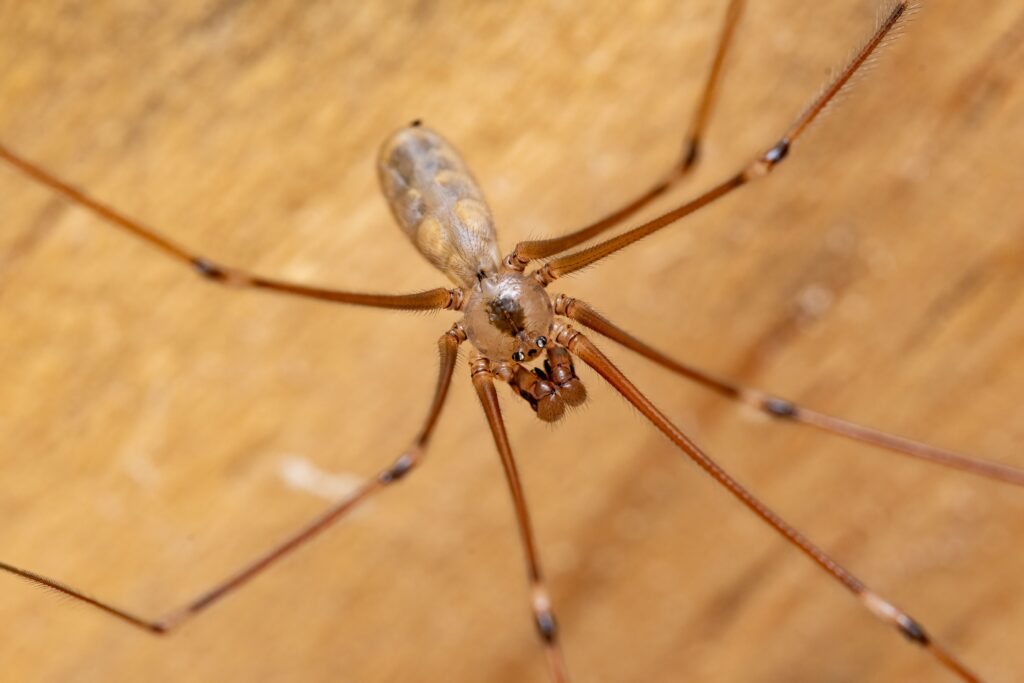
Signs You Might Have Spiders in Your Home
Spotting a single spider doesn’t necessarily mean you have an infestation, but there are some telltale signs that spiders may be sticking around:
- Webs in Corners or Hidden Areas
Spider webs in corners of rooms, window edges, or underneath furniture are a clear sign of their presence. Unlike cobwebs (abandoned webs covered in dust), fresh spider webs are often sticky and finely spun. - Frequent Spider Sightings
If you’re frequently encountering spiders, especially in low-traffic areas like basements, attics, or garages, it might indicate a larger population. - Egg Sacs
Spider egg sacs are small, silky pouches found attached to webs or hidden in corners. Each sac can contain hundreds of spiderlings ready to hatch. - Bites or Skin Reactions
While most spiders are harmless, certain species like black widows or brown recluses can occasionally bite. If you notice unexplained bite marks and are concerned, it may be worth consulting both a medical professional and a pest expert.
What to Do Once You Find Spiders
Finding spiders in your home can be unsettling, but it’s important to handle the situation calmly and effectively.
1. Don’t Panic
The vast majority of spiders found in Irvine homes are harmless to humans. Most pose no threat and are unlikely to bite unless they feel trapped or threatened.
2. Remove Visible Spiders
Use a cup or jar to carefully trap the spider and release it outdoors. For those who prefer not to handle spiders directly, vacuuming them (along with their webs) is another effective method.
3. Check for Hidden Webs and Egg Sacs
Thoroughly inspect potential nesting areas like closets, garages, and dark storage spaces. Remove any webs and vacuum up egg sacs to prevent further reproduction.
4. Call a Professional for Infestations
If you’re dealing with recurring spider problems, spotting dangerous species, or finding large numbers of spiders, it’s time to call in pest control experts like Admiral Pest. Professionals can identify the species, locate their entry points, and implement safe and effective treatments to eliminate them.
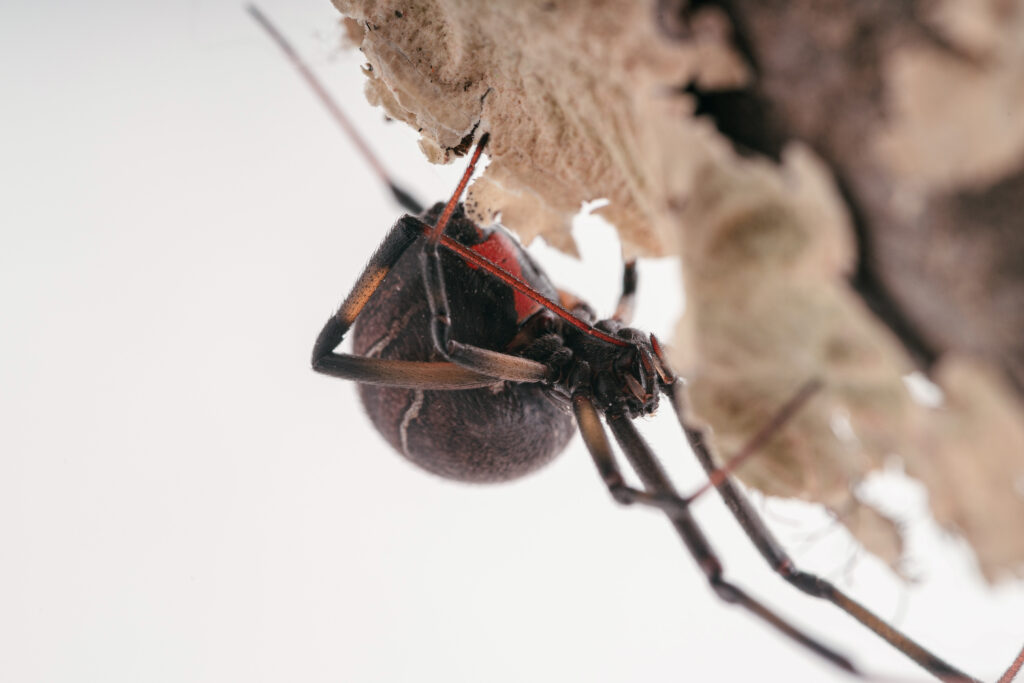
How to Prevent Spiders from Coming Back
The key to keeping spiders out is making your home less inviting to them. Here are steps you can take to spider-proof your home:
1. Seal Cracks and Entry Points
Check for gaps around windows, doors, and foundations. Use caulk or weather stripping to seal them. Ensure you have tight-fitting screens on windows and vents.
2. Reduce Clutter
Cluttered spaces provide hiding spots for spiders. Keep storage areas like garages and basements organized and free of unnecessary items.
3. Limit Outdoor Lighting
Exterior lights attract bugs, which in turn attract spiders. Consider using yellow or sodium vapor lights, which are less attractive to insects.
4. Keep Home Clean
Regularly dusting and vacuuming prevents webs from forming and eliminates other pests that spiders feed on. Pay special attention to hidden areas like behind furniture and under appliances.
5. Address Moisture Issues
Fix leaky pipes, use dehumidifiers in damp areas, and ensure good ventilation to discourage moisture-loving spiders.
6. Apply Spider-Repelling Treatments
Natural repellents like essential oils (peppermint or eucalyptus) can deter spiders. However, for long-term prevention, consider professional pest treatments offered by Admiral Pest.
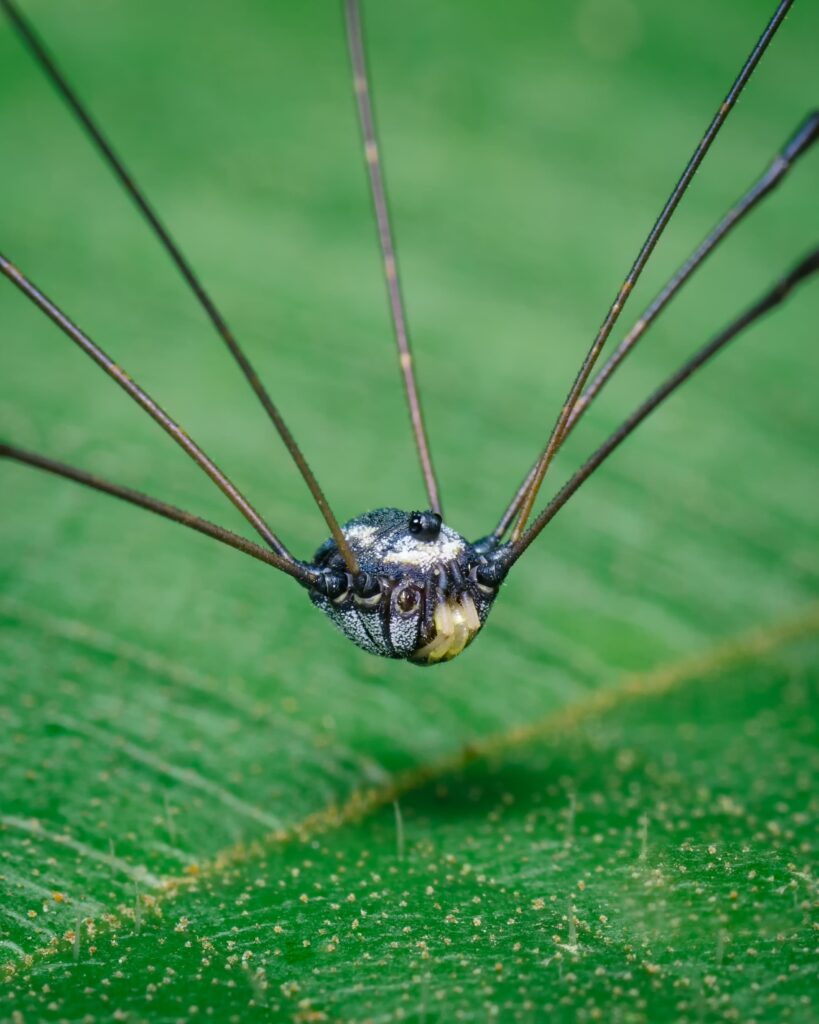
Admiral Pest is Here to Help

While DIY methods and regular house cleaning can help manage minor spider issues, larger infestations often require expert attention. At Admiral Pest, we understand that no one wants to cohabitate with creepy crawlies. Our team has years of experience helping Irvine homeowners stay spider-free with safe and effective treatments that target the problem at its source.
Don’t wait until you’re spotting webs in every corner of your home. Schedule a pest inspection today, and we’ll create a personalized plan to get rid of spiders and keep them out for good. Contact Admiral Pest to enjoy a spider-free home and peace of mind.
Call Now 1-866-400-1915
